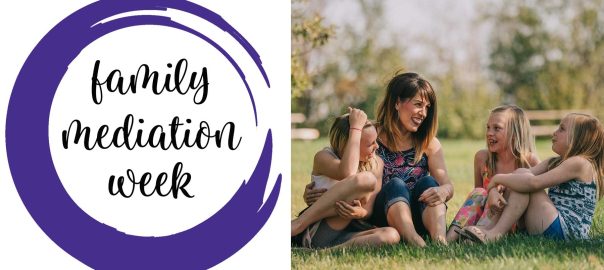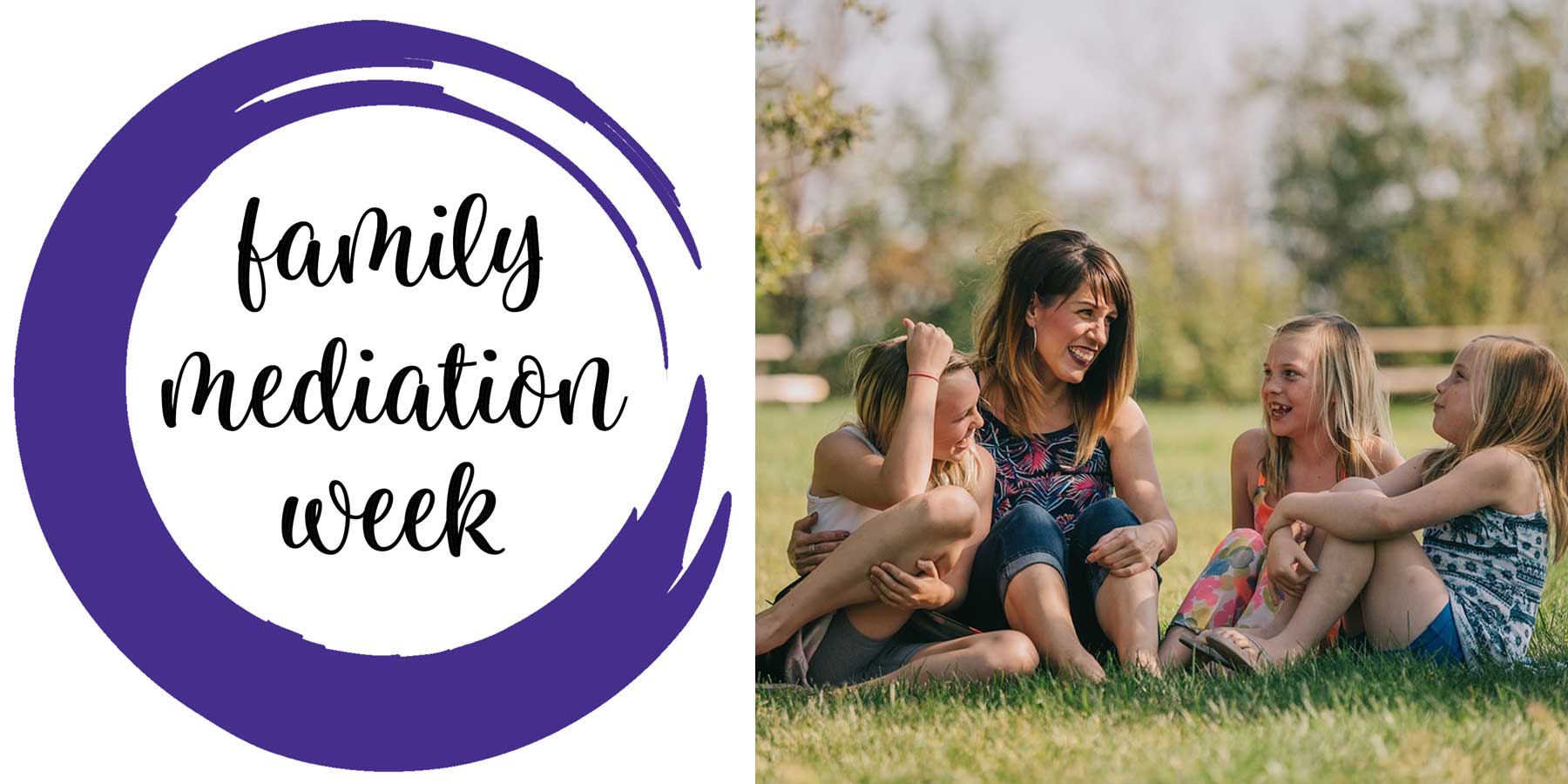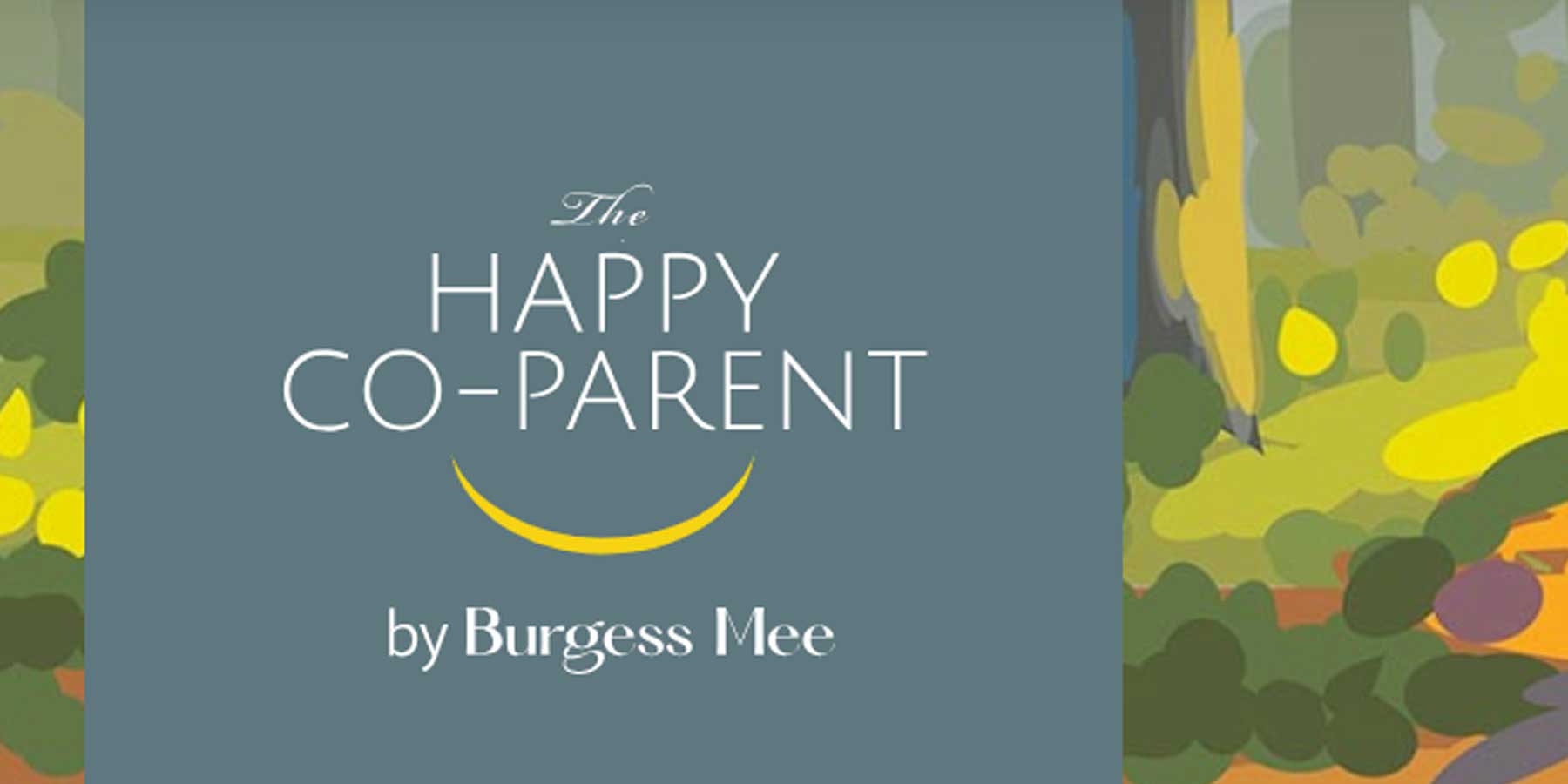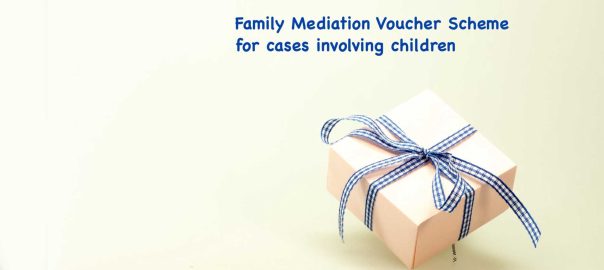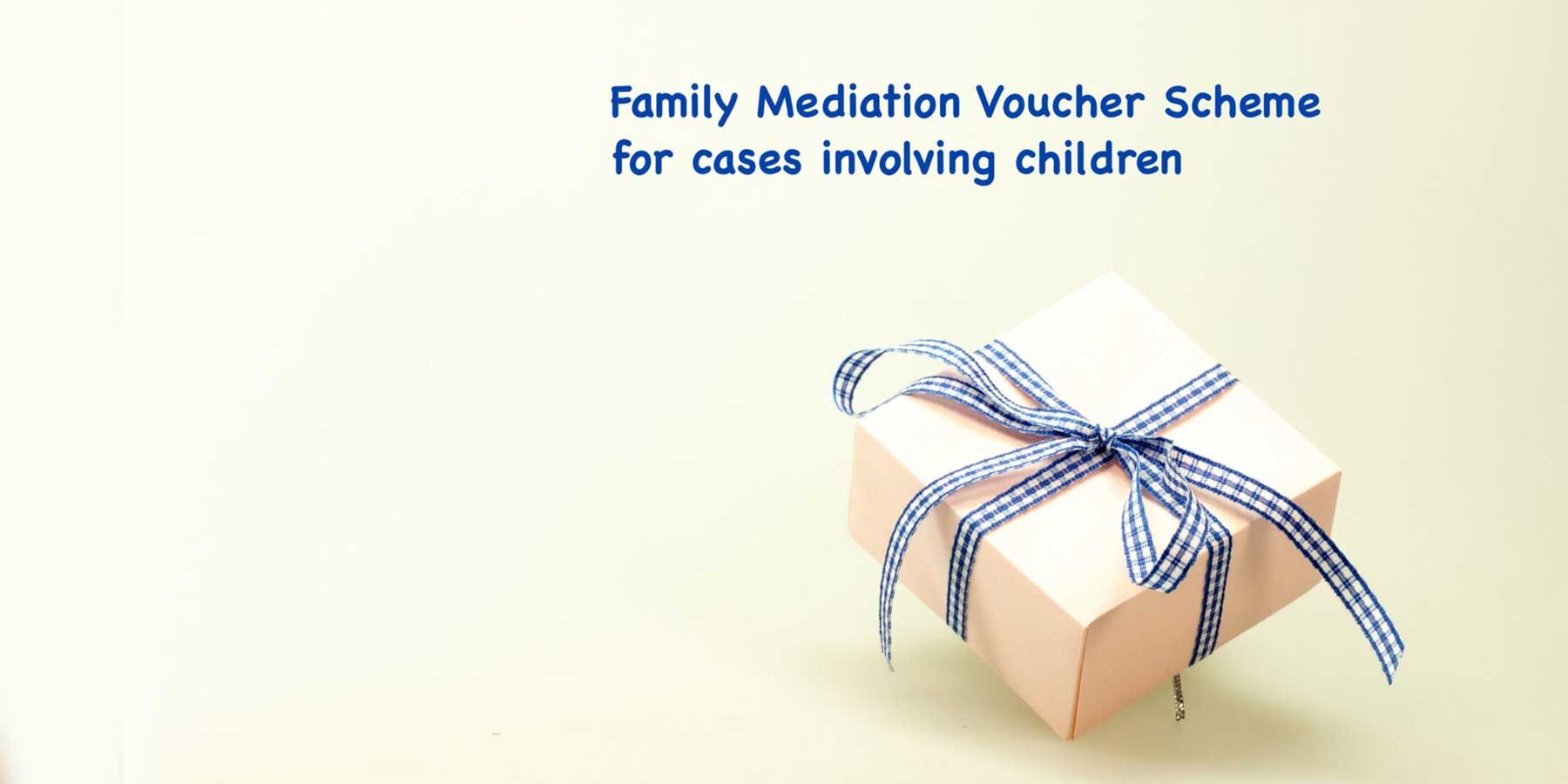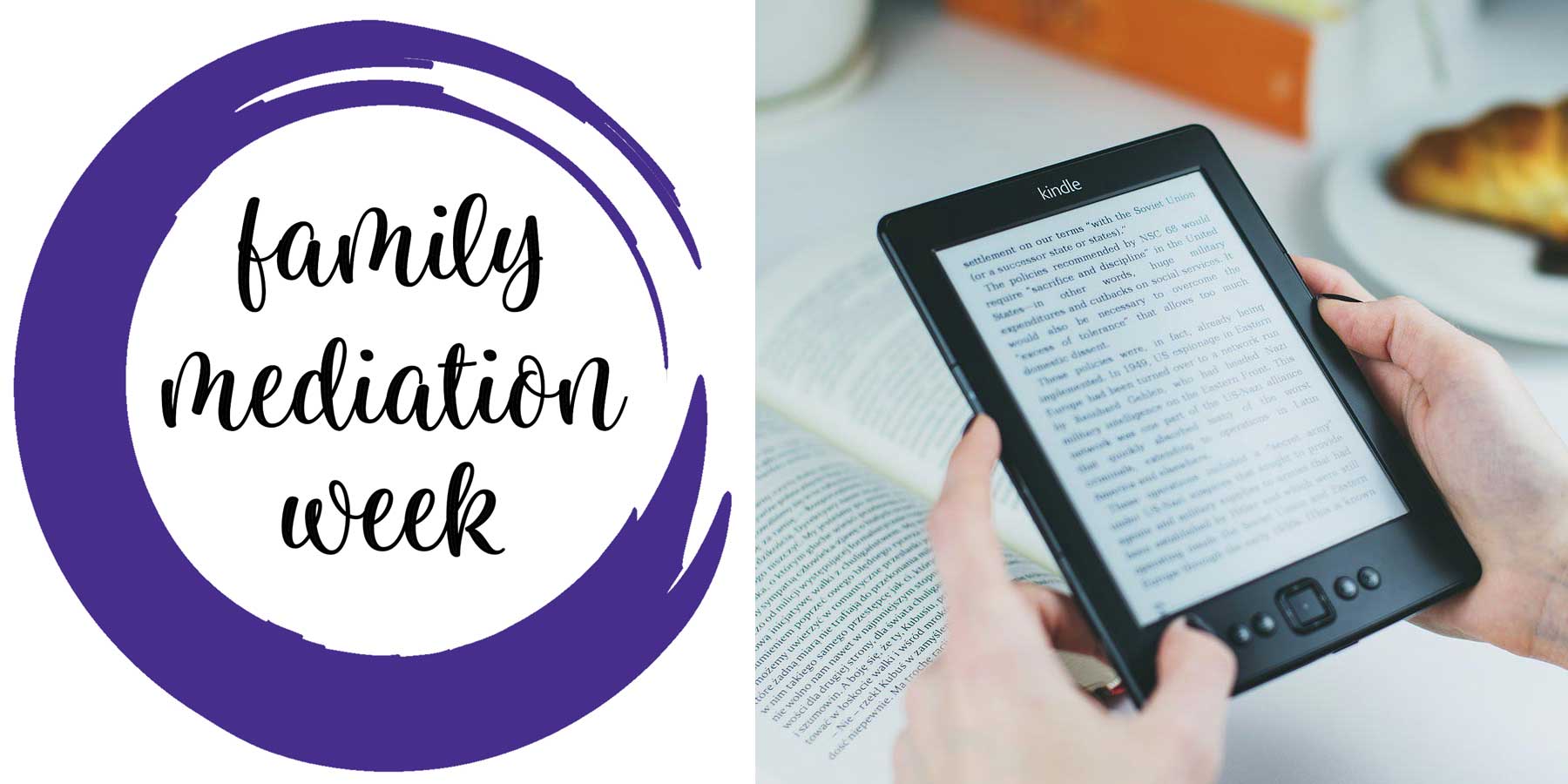
Day 1 of Family Mediation Week 2018 and the theme is ‘Somebody, please help!’
There are lots of really interesting articles to read relating to this theme that discuss the value and benefits of mediation on the Family Mediation Week Blog.
My picks of the day are the video from Fegans: Counselling Children, Supporting Parents and Wells Family Mediation, which gives a realistic sense of the impact of parental conflict on children…
… and this article from Glynne Davis that rings true with my professional experiences.
Written by Glynne Davies, College of Mediators
The seven habits of successful mediation participants. The following mini case studies are genuine, although the names have obviously been changed to protect…well me really!
1. They are sure that the relationship is over permanently
Mediation is a process designed to help couples, as famously said by Gwyneth Paltrow, consciously uncouple. If you are harbouring secret thoughts that your ex is just going through a mid-life crisis, and as soon as he/she comes to his/her senses he/she will come running back to you, then mediation is not for you. You may be able to go through the motions, but at the moment when you have to make a decision, the primeval part of your brain will take over and shout “Don’t do this! As soon as you do this it will all be over.” If you are ambivalent about separation, then if possible take a bit more time to come to terms with what’s happening.
Case Study: Anthony and Cleopatra had 5 sessions of mediation, at the end of which we had several options, any of which were “approved” as fair by their respective solicitors. But Cleopatra couldn’t let go of the relationship and kept prevaricating. In the end we put mediation on ice for 6 months, at which point they returned and settled in one session.
2. They want to minimise solicitor costs and avoid court costs?
Well, duh. Everyone wants to minimise costs and avoid court…don’t they? Strangely enough the answer is no. Some people are so hurt/angry that they would sooner spend every penny that they have rather than share it with the ex that has broken their heart. Others that like to think that their situation is so difficult that only a judge can unravel it. Mediation is unlikely to help them, but for those who simply prefer to allow their solicitors to negotiate on their behalf, mediation can help save time and money.
Case Study: Heathcliff and Cathy used mediation to complete their financial disclosure and listen to initial proposals for settlement, They agreed several important issues and narrowed the gaps on others, but Cathy wanted her solicitor to conclude negotiations. They still saved hundreds of pounds by using mediation to complete their financial disclosure, agree their “Form E” information and listen to each other’s proposals.
3. They can put the needs of their children first
In the horror of separation it is easy to lose sight of the needs of the children. They become pawns in the worst game of chess ever. Research tells us that separation doesn’t hurt children, but conflict does. By resolving the conflict, you put the needs of your children first
Case Study: Porgy and Bess had sent their daughter to Hungary to be with grandparents because neither parent wanted the other parent to “have” her. They took the stance “If I can’t have her, neither can you.” As a result the child was away from home for 8 months. They sorted out a shared care arrangement in one session of mediation that meant that the child could return home
4. They are honest and open
It’s not uncommon for one party to deal with “the money side of things”, and for the other party to feel at a disadvantage. Mediation ensures that financial disclosure takes place fully and openly, and at a pace that promotes equal understanding and informed consent.
Case Study: Bonnie was nervous about using mediation because Clyde had always taken care of the finances. We took financial disclosure at Bonnie’s pace. Clyde was relieved that he had an opportunity to explain things in a non-confrontational way, and Bonnie appreciated having a greater understanding of their situation.
5. They are flexible/willing to listen
If you believe that there is only one solution, and that mediation would be a good way for the mediator to convince your ex of the rectitude of your position, then mediation is not for you
Case Study: Fred and Ginger each attended a separate MIAM. Ginger was happy to keep an open mind about options for settlement, but Fred was adamant that there was only one solution and that he wanted to go to court to get it. By attending the MIAM Fred and Ginger complied with the statutory requirement to consider mediation.
6. They want closure
Some people feed off conflict with their ex. They feel safe being angry; a conflicted relationship is better than no relationship. But for mediation to succeed, there has to be a degree of emotional neutrality. To put it simply, you need to be sick of the fight.
Case study: Elsa and Anna separated 3 years before they came to see me, referred by court. Theirs had been a story of constant bickering over trivia. They had settled the major things fairly easily, but continued to make spurious applications to court for minor changes to their ever more detailed contact order. In mediation we established that there was almost nothing in dispute, and talked about the fact that they had never got “closure”. I signposted them to couples counselling to talk about the end of the relationship, and how to “let it go”. They returned to mediation and agreed a parenting plan.
7. They have the stamina to stay with the process
Mediation is not for the faint-hearted, but if you can practise the above 6 habits in mediation, you will get there.
Case study: All the clients who have ever successfully concluded mediation
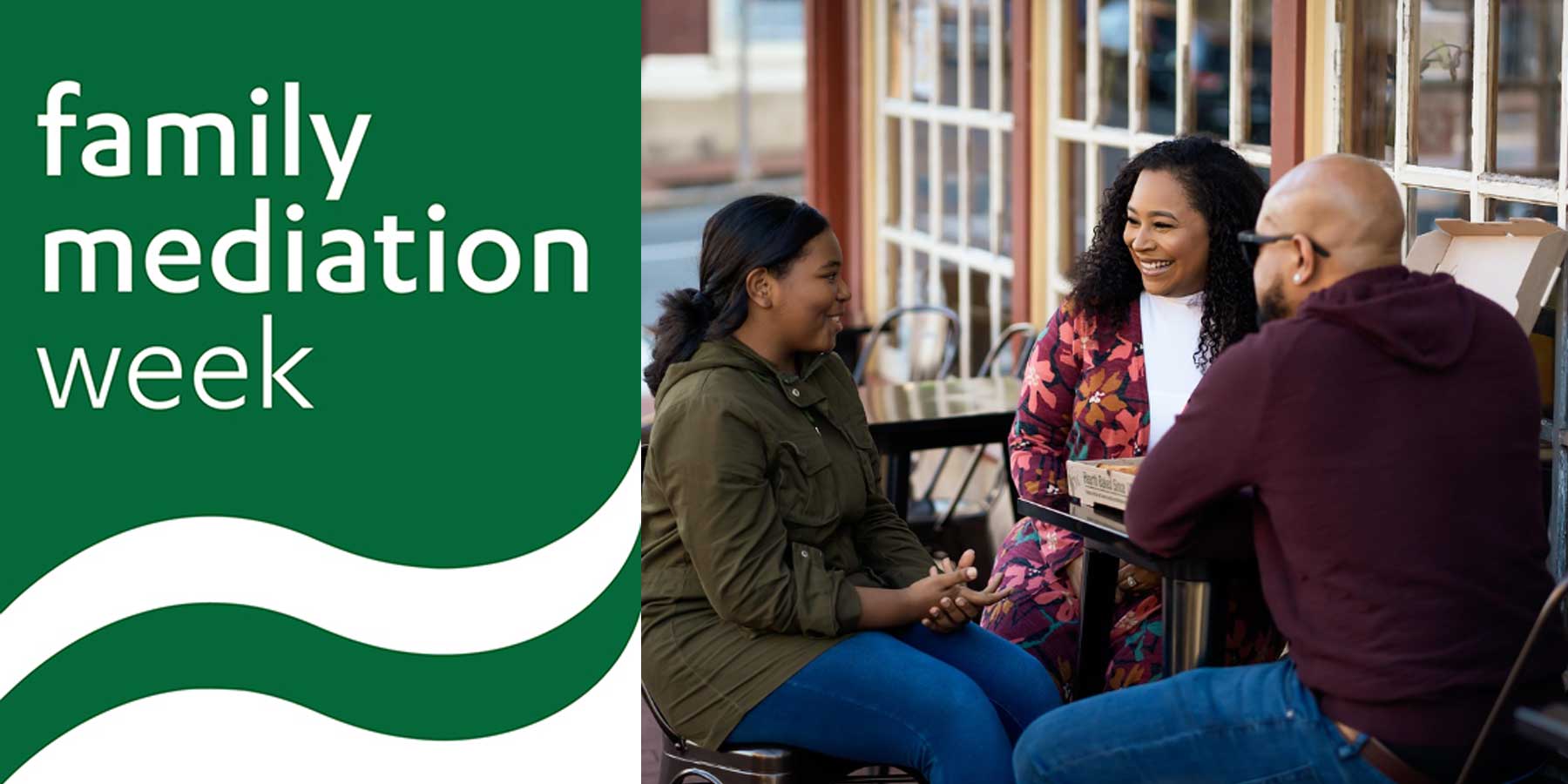




 The Divorce, Dissolution and Separation Act (2020) completely removes the need for couples to blame one another for the breakdown in their marriage. The Act allows for a spouse, or a couple jointly,
The Divorce, Dissolution and Separation Act (2020) completely removes the need for couples to blame one another for the breakdown in their marriage. The Act allows for a spouse, or a couple jointly,  Removing the necessity to assign blame in divorce reduces conflict and the stress this puts on parents and children. Children often pick up on these feelings even if they are not directly involved with the process. The impact of this can be felt by both parents and children for many years to come.
Removing the necessity to assign blame in divorce reduces conflict and the stress this puts on parents and children. Children often pick up on these feelings even if they are not directly involved with the process. The impact of this can be felt by both parents and children for many years to come. If you need guidance in your
If you need guidance in your 